Life
Sign up for our newsletter
We summarize the week's scientific breakthroughs every Thursday.
-
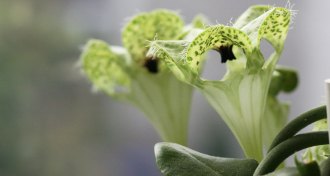 Plants
PlantsFlower lures pollinators with smell of honeybee fear
When it comes to attracting pollinators, one flower species catches more flies with honeybees.
-
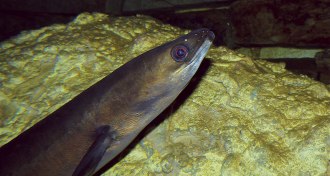 Animals
AnimalsEels may not take most direct route in epic ocean-crossing spawning runs
European eels’ epic ocean migrations to spawn may include more peculiar routes and timing than thought.
By Susan Milius -
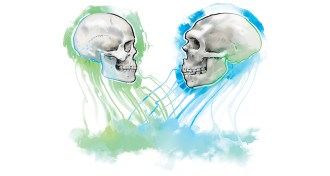 Humans
HumansAnimal hybrids may hold clues to Neandertal-human interbreeding
The physical effects of interbreeding among animals may offer clues to Neandertals’ genetic mark on humans.
By Bruce Bower -
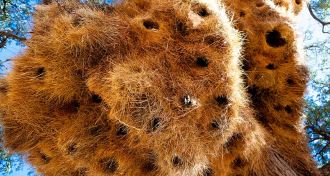 Animals
AnimalsExtreme bird nests bring comforts and catastrophe
Extreme bird nests of Southern Africa’s weaverbirds offer condo living in tough temperatures.
By Susan Milius -
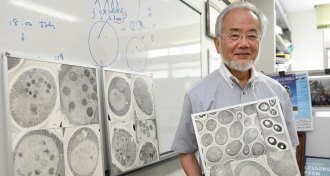 Health & Medicine
Health & MedicineDeciphering cell’s recycling machinery earns Nobel
The 2016 Nobel Prize in physiology or medicine was awarded to Yoshinori Ohsumi for his work on autophagy, a process that cells use to break down old parts for future use.
By Meghan Rosen and Laurel Hamers -
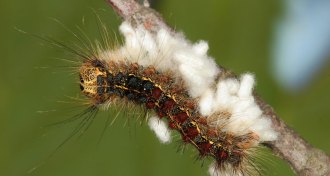 Animals
AnimalsNew book tells strange tales of evolution
'The Wasp That Brainwashed the Caterpillar' features a cadre of critters that have evolved seemingly bizarre solutions to some of life’s biggest problems.
-
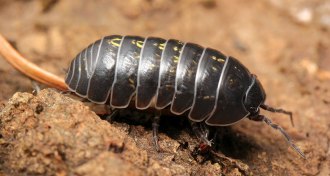 Genetics
GeneticsTo make female pill bugs, just add bacterial genes
Genes from Wolbachia bacteria infiltrated pill bugs and now make genetic males female.
By Susan Milius -
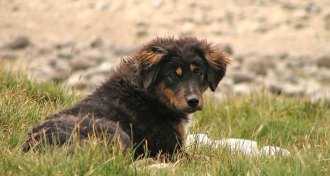 Animals
AnimalsNature has a dog problem
Free-roaming dogs spread disease, kill wildlife by the thousands and have even caused extinctions. But their full effect on the environment has been little studied.
-
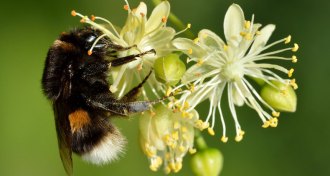 Animals
AnimalsPrimitive signs of emotions spotted in sugar-buzzed bumblebees
When bumblebees eat a sugary snack, they make more optimistic decisions, a new study finds. This could be early evidence for emotion in insects.
-
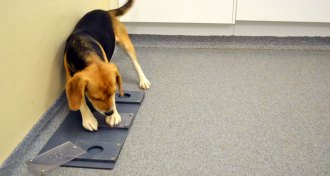 Genetics
GeneticsGene linked to autism in people may influence dog sociability
DNA variants were linked to beagles’ tendency to seek human help.
-
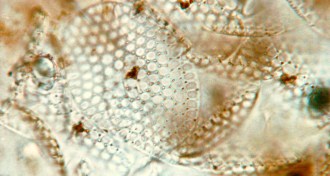 Paleontology
PaleontologyAncient microbe fossils show earliest evidence of shell making
Armor-plated, 809-million-year-old fossilized microbes discovered in Canada are the oldest known evidence of shell making.
-
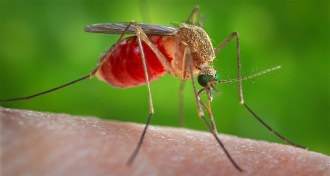 Animals
AnimalsNew case emerging for Culex mosquito as unexpected Zika spreader
The much-debated proposal that a Culex mosquito could help spread Zika gets some international support.
By Susan Milius